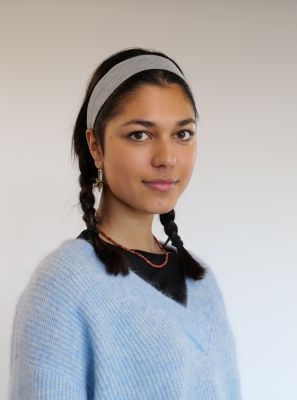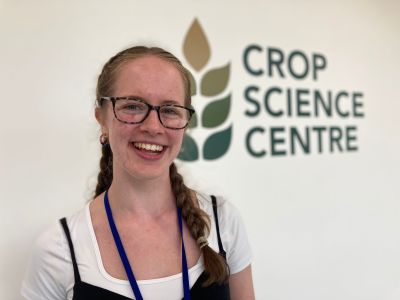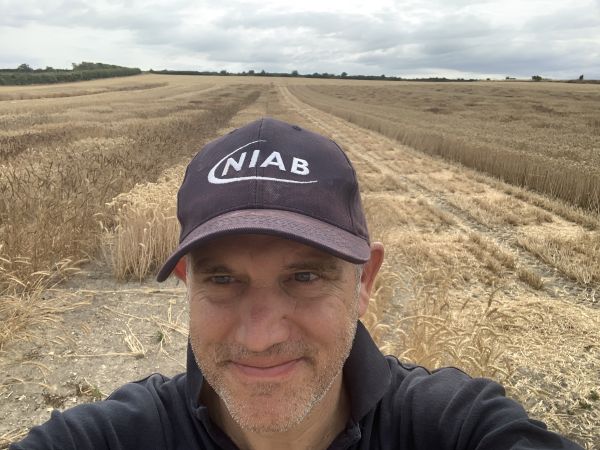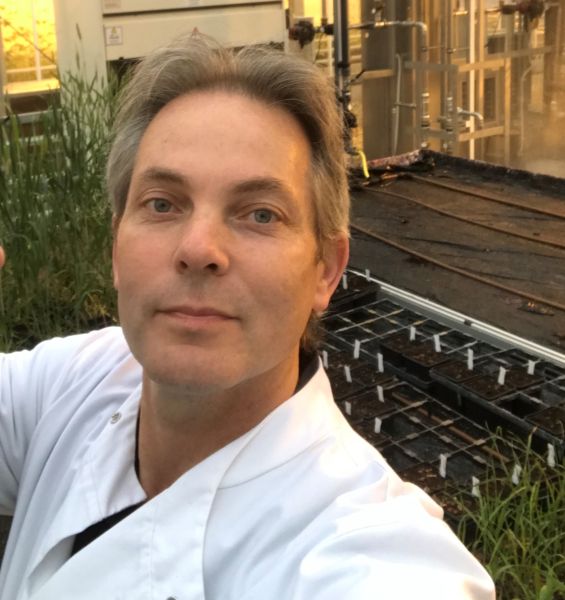Crop resilience
As sessile organisms, plants have evolved sophisticated mechanisms to help cope with environmental stress.
As global temperatures rise and weather patterns become increasingly more unpredictable, it is crucial that we develop innovative approaches to improve crop resilience to environmental stresses. We investigate how beneficial microbes shape plant resilience to various environmental stresses.
Using genetics, biochemistry, and molecular biology, we aim to improve our understanding of how these plant stress responses are integrated into the arbuscular mycorrhizal symbiosis programme in crops.
Research areas
Environmental factors influencing arbuscular mycorrhizal symbiosis
The arbuscular mycorrhizal symbiosis is a highly dynamic and regulated process. Environmental factors, such as soil nutrient levels and water content, impact the establishment and function of this beneficial interaction. Therefore, understanding how these conditions regulate the arbuscular mycorrhizal symbiosis is important for utilising this symbiotic relationship in a broad range of agricultural environments.
Improving crop resilience with arbuscular mycorrhizal symbiosis
In addition to nutritional benefits, the arbuscular mycorrhizal symbiosis improves plant performance when facing adverse environmental challenges. We aim to systemically uncover the mechanisms of stress tolerance. Simultaneously, we are interested in identifying genetic factors that enhance the tolerance response during symbiosis.
About the group leader
Jeongmin Choi received her undergraduate and master’s degrees at Seoul National University in South Korea, where she studied plant genomics. She then moved to the University of Missouri in the US for her PhD in Plant and Microbial Sciences.
Her interest in crop improvement led her to the University of Cambridge, where she worked on arbuscular mycorrhizal symbiosis in cereal crops, as an EMBO long-term fellow and a Leverhulme Early Career Fellow. She is now a Royal Society University Research Fellow at the Crop Science Centre.
Led by

Jeongmin Choi
Head of the Crop Resilience group, Royal Society University Research Fellow
Research group staff

Saskia Birch
PhD student

Abigail Brock
PhD student

Nina Foreman
Postdoctoral research associate

Nikoline Mekjan
PhD student

Sophie Perryman
Research Laboratory Technician

Aliya Ihsantika Santosa
MPhil student















